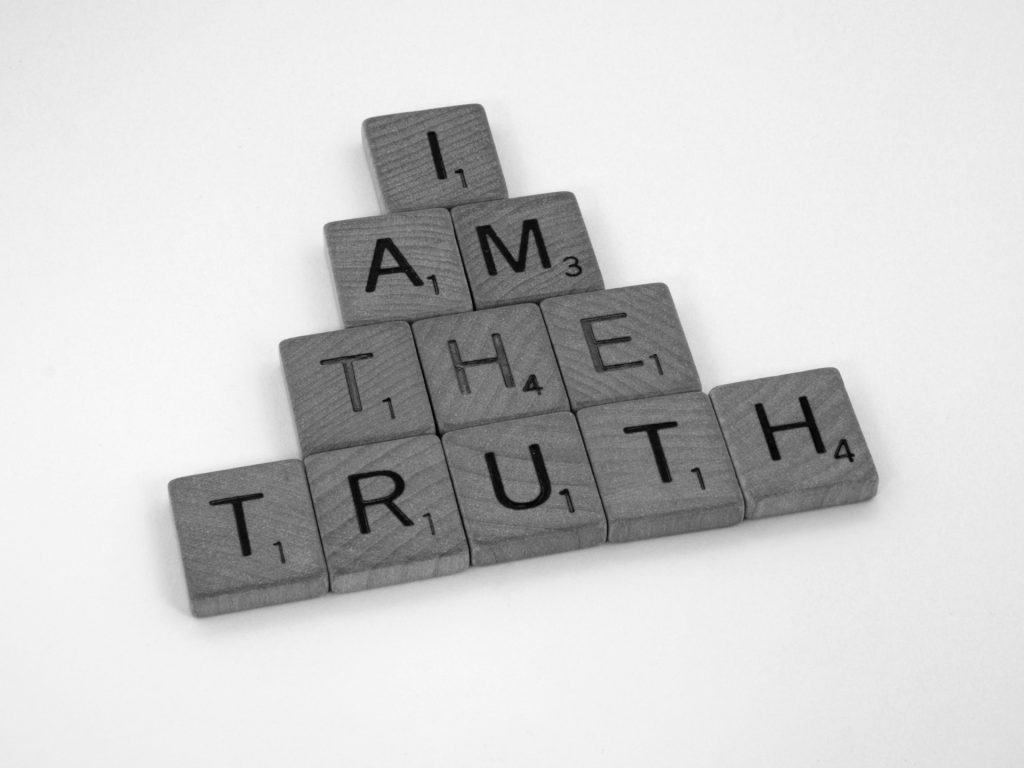The Growing Threat of False Accusations and Cyberstalking Online
In today’s digital landscape, the internet has become a powerful tool for communication, activism, and social connection. However, it also presents a darker side—an increase in malicious behaviors such as cyberstalking.
These harmful actions can devastate individuals’ reputations, mental health, and personal safety. Understanding how false accusations are used as part of cyberstalking, and how to protect yourself, is essential in navigating the online world safely.
What Is Cyberstalking and How Do False Accusations Fit In?
Cyberstalking involves using electronic communications to harass, intimidate, or threaten someone repeatedly. Unlike traditional stalking, cyberstalking often occurs behind the anonymity or distance provided by the internet.
False accusations, on the other hand, are deliberate attempts to spread misinformation or blame falsely for malicious purposes.
When individuals combine false accusations with cyberstalking, the consequences can be severe. The attacker may post false claims on social media, send threatening messages, or create misleading content to damage the victim’s reputation. This tactic amplifies harassment, making it harder for victims to defend themselves.
Why Do People Make False Accusations Online?
Several motives underpin false accusations as part of cyberstalking:
- Personal Vendettas: Revenge or spite can motivate someone to falsely accuse another individual to ruin their reputation.
- Power and Control: Cyberstalkers may use false allegations to intimidate or dominate their victims.
- Distraction or Misinformation: Sometimes, false accusations are used to divert attention from other issues or to spread misinformation.
- Financial Gain: In some cases, false accusations are used as leverage for extortion or blackmail.
How Search Engines Play a Role
Search engines like Google index online content, which means false accusations and harmful posts can remain accessible for a long time. It’s important to actively manage your digital footprint by:
- Regularly Searching Your Name: Stay aware of what information is publicly available.
- Requesting Removal: Contact websites or use legal avenues to remove false content.
- Optimizing Positive Content: Publish accurate and positive information about yourself to improve your online reputation.
The Impact on a Victim
Victims of false accusations and cyberstalking often experience
- Emotional distress, anxiety, and depression
- Damage to personal and professional reputation
- Legal complications and financial costs
- Social isolation and fear for personal safety.

The stigma attached to accusations—regardless of their truth—can be long-lasting and challenging to undo.
Conclusion
False accusations as part of cyberstalking pose a serious threat in this digital age
While the internet offers remarkable opportunities for connection, it demandsvigilance and proactive protection. By understanding the tactics used by cyberstalkers and employing effective safety measures, individuals can better defend themselves against online threats and preserve their reputation and well-being
